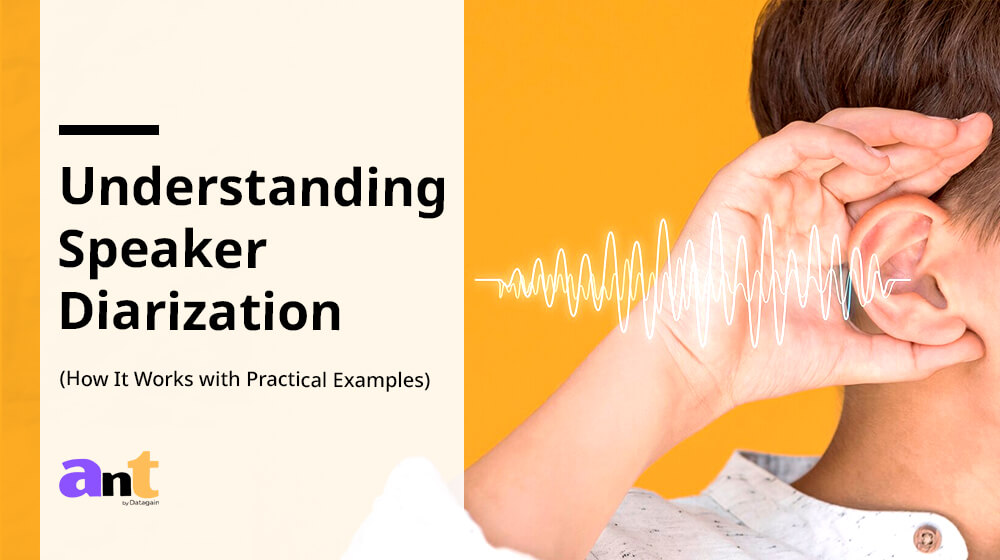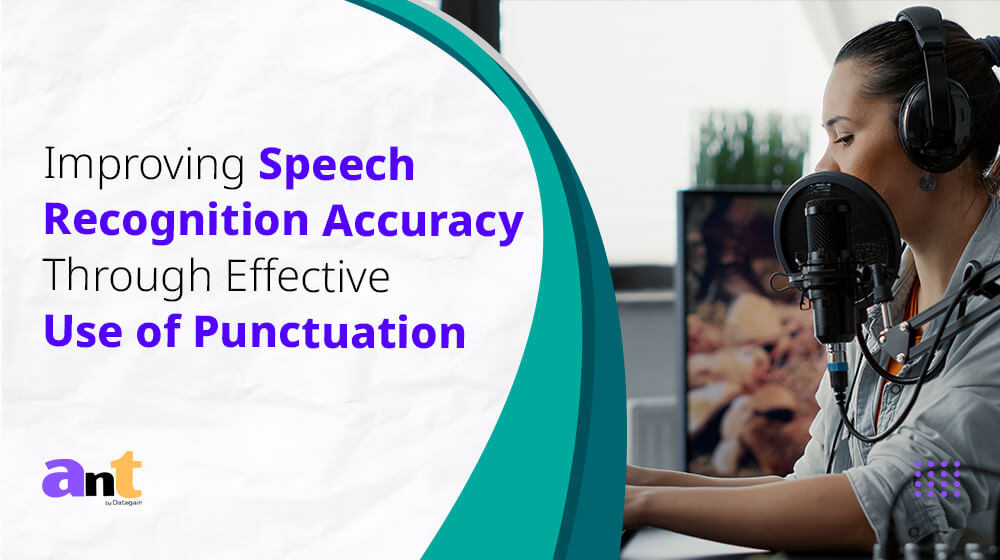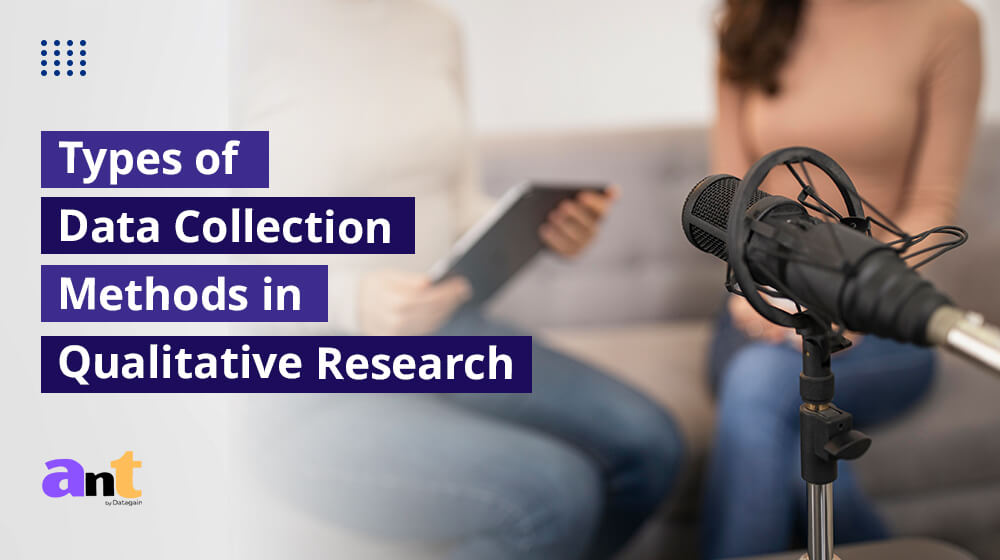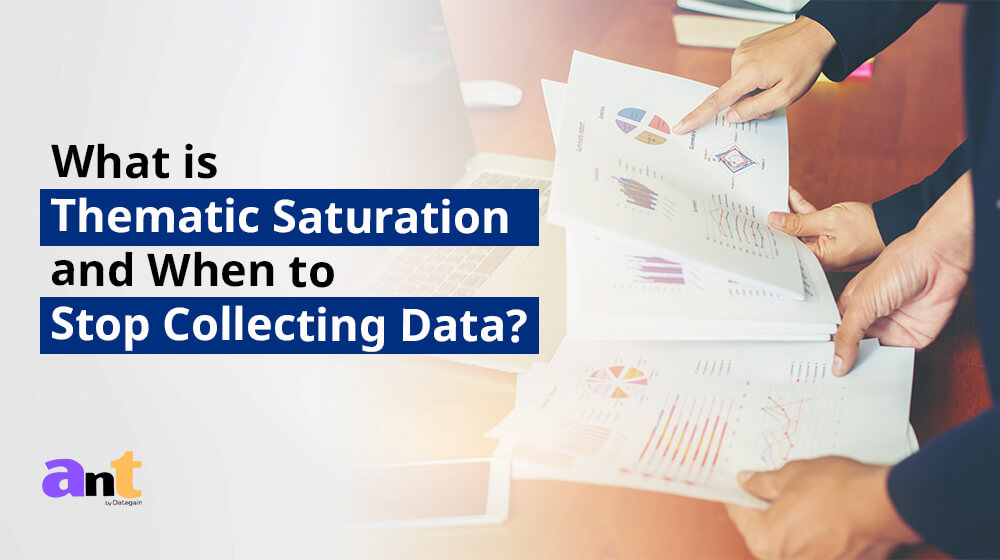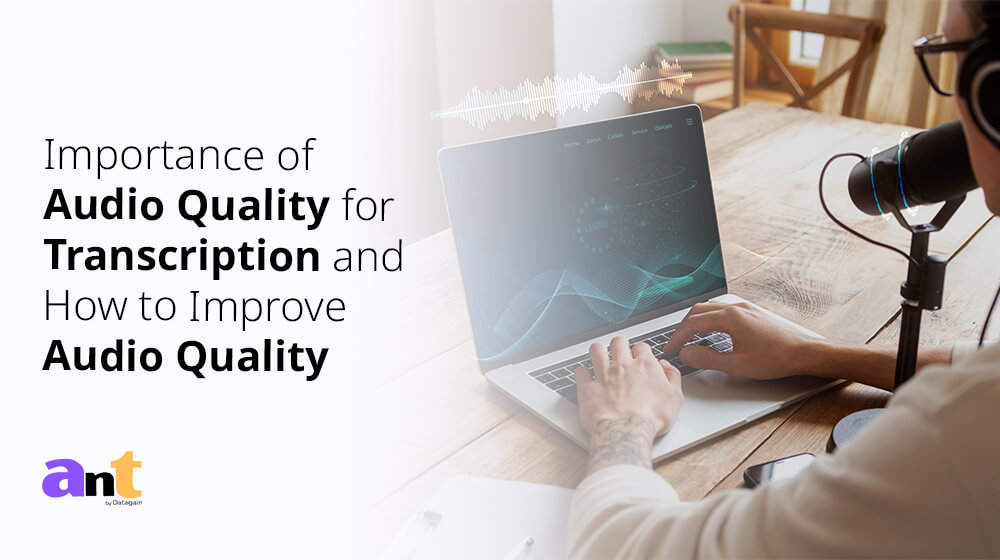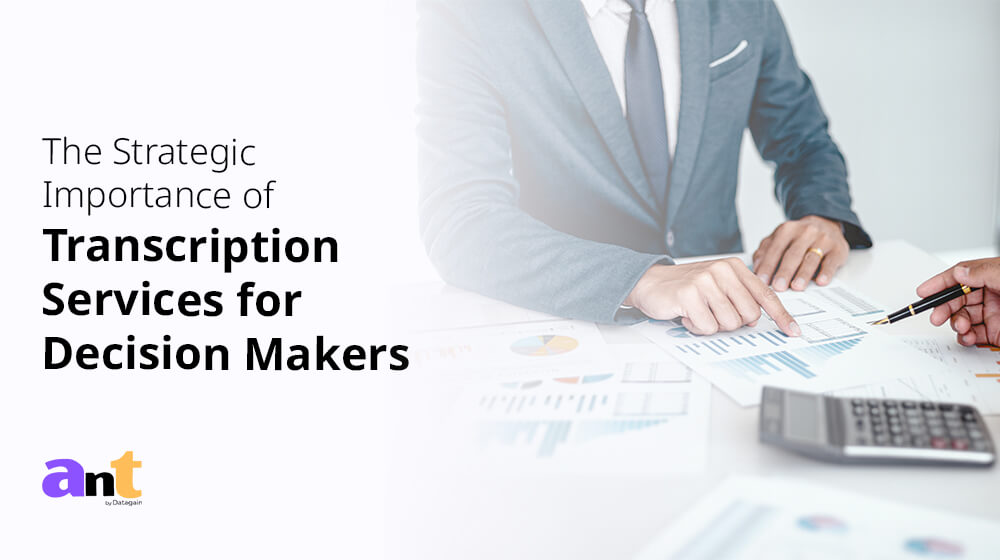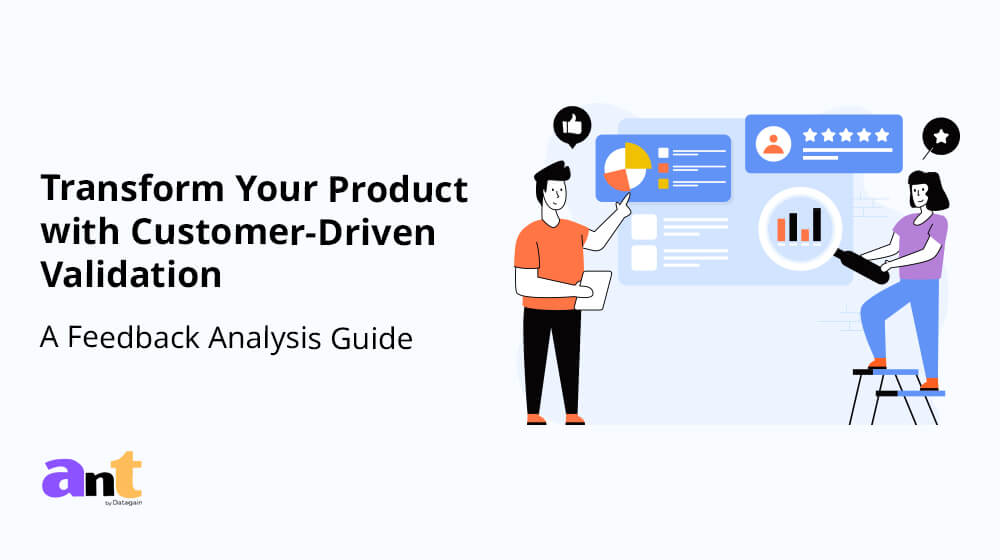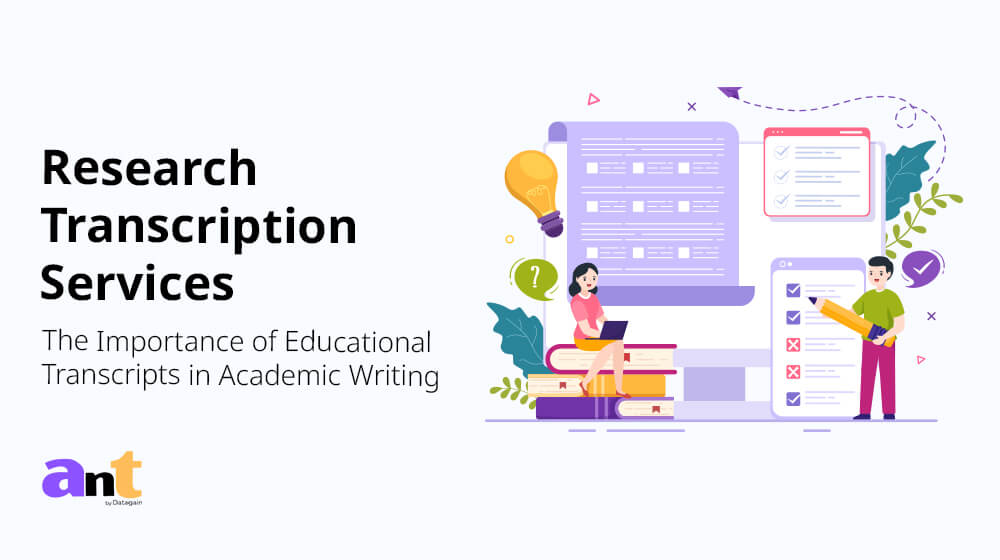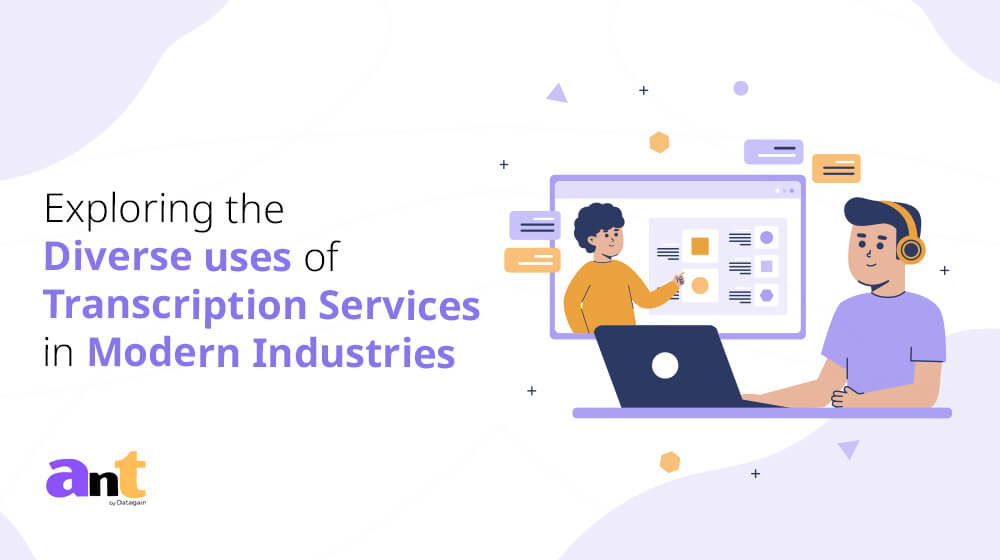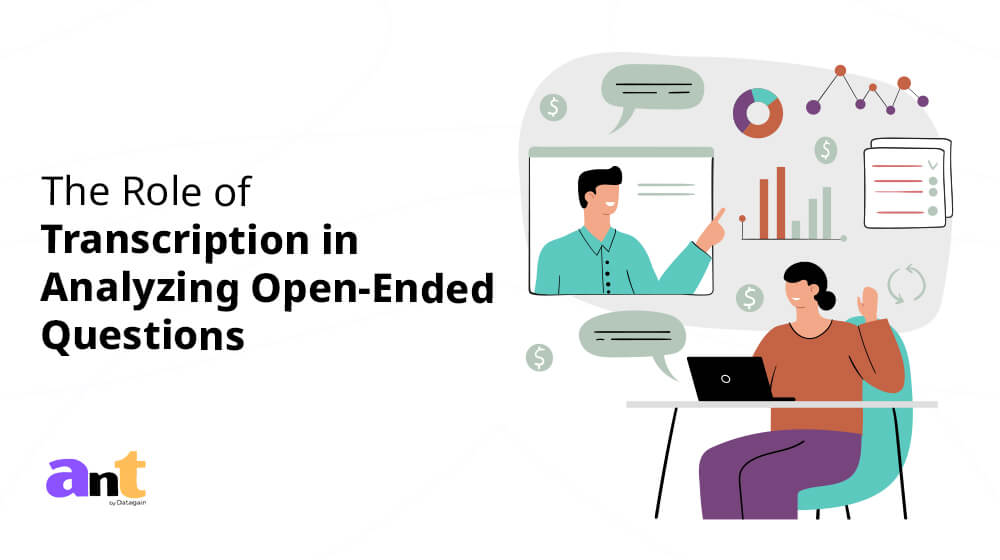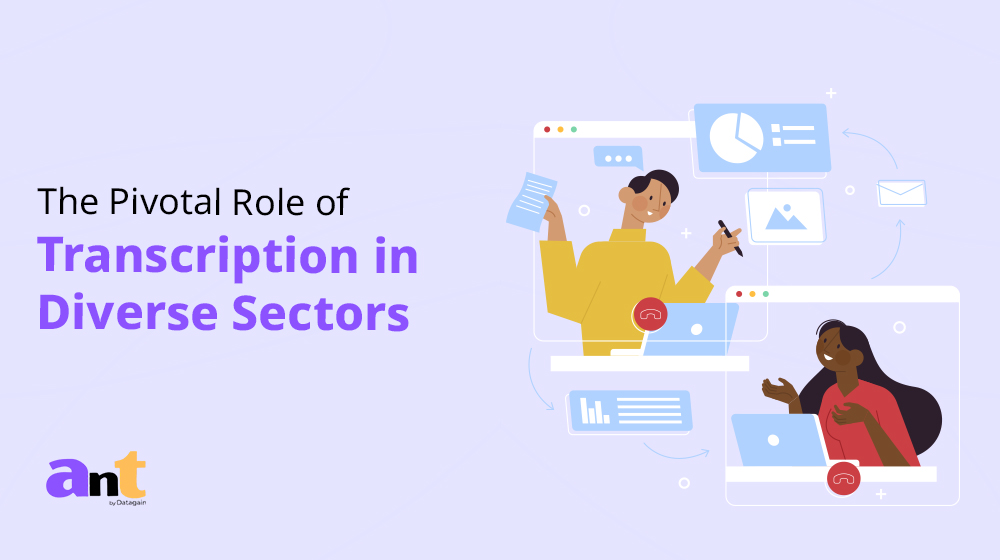Natural Language Processing, or NLP, is a subfield of Artificial Intelligence (AI) that focuses on the interaction between computers and human language. NLP uses various techniques and algorithms to analyze, understand, and generate human language.
Text analysis is an essential part of NLP that involves extracting meaningful information from unstructured textual data. Here, we will explore some of the techniques and applications of NLP for text analysis.
Techniques of NLP for Text Analysis
1. Tokenization
Tokenization is breaking down a text into smaller parts, such as words, phrases, or sentences. It helps extract relevant text information and is the first step in any NLP applicationApart from being able to read along with the video, transcripts also allow you to search for specific words in the transcript. It is helpful to link your viewers to specific parts of the transcript.
2. Part-of-Speech Tagging
Part-of-speech tagging involves labeling each word in a text with its corresponding part of speech (e.g., noun, verb, adjective, etc.). This technique helps understand the text’s grammatical structure and can be useful in applications such as language translation and sentiment analysis.
3. Named Entity Recognition
Named Entity Recognition (NER) identifies and extracts named entities from a text, such as people, organizations, locations, and dates. NER assists in applications such as information extraction, sentiment analysis, and recommendation systems.
4. Sentiment Analysis
Sentiment analysis identifies the sentiment or emotion expressed in text, such as positive, negative, or neutral. It is great for applications including brand monitoring, customer feedback analysis, and social media analysis.
5. Text Summarization
Text summarization involves the automatic generation of a summary of a longer text. It can be helpful in news article summarization, document summarization, and search result summarization.
Applications of NLP for Text Analysis
1. Chatbots and Virtual Assistants
Chatbots and virtual assistants are also quite notable in customer service and other industries. NLP techniques such as tokenization, part-of-speech tagging, and named entity recognition can be used to build chatbots. These chatbots can help understand and respond to customer queries in a natural language format.
2. Sentiment Analysis
Sentiment analysis is an application of NLP involving various techniques to identify, extract, and quantify subjective information from textual data. This technique can analyze customer feedback, social media posts, reviews, and other unstructured textual data to determine the sentiment expressed in the text, whether positive, negative, or neutral.
3. Machine Translation
NLP techniques can be used to build machine translation systems to translate text from one language to another. Machine translation systems use techniques such as statistical machine translation and neural machine translation to achieve high levels of accuracy.
4. Information Extraction
Information extraction involves automatically extracting relevant information from unstructured textual data. NLP techniques can extract useful information from news articles and social media posts, including named entity recognition and relation extraction.
5. Named Entity Recognition (NER)
NLP techniques can also be used for named entity recognition, which involves identifying and extracting named entities from a text, such as people, organizations, locations, and dates. NER can be helpful in applications such as information extraction, recommendation systems, and search engines.
Wrap up
NLP techniques and applications are becoming essential in text analysis and other fields, such as chatbots, sentiment analysis, machine translation, and information extraction. With the continued advancement of NLP techniques and algorithms, we can expect to see more innovative applications of NLP in the future. If you want excellent text analysis services enriched with NLP, connect with us. Book your custom quote today!


